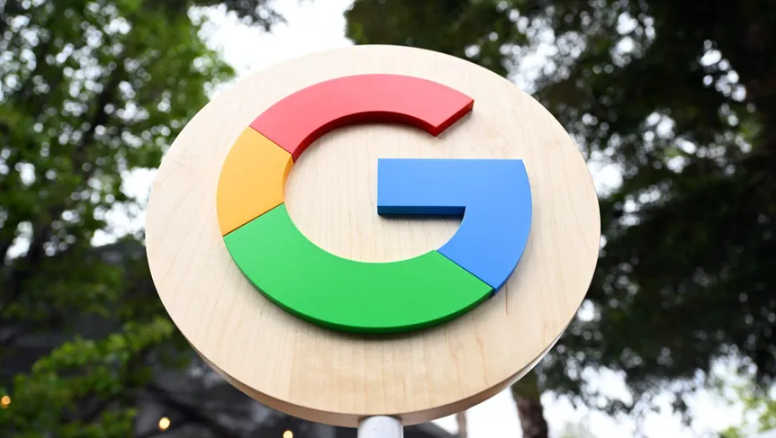
Google has introduced a range of artificial intelligence tools and platforms for users and developers, relying on its powerful Gemini AI model. These offerings include image creation through text commands, music composition, and the MedLM model that aids in answering medical queries.
In an announcement, Google opened registration for developers to access its latest intelligent model, Gemini Pro, through the AI Studio platform. This allows developers to test the capabilities of the new model and integrate it into their services and applications. Developers will transfer code snippets from AI Studio to Google’s Vertex AI platform, offering a wide range of programming and cloud tools from Google Cloud services.
The company has granted access to its new Imagen 2 model for creating images through text commands to users of its cloud services in the United States through the Vertex AI platform. Google did not disclose the nature of the data used to train the new model or clarify if compensation would be provided to artists if their images were used in training data.
The Imagen 2 platform competes with OpenAI’s DALL-E3, Amazon’s Titan Image Creator, and Midjourney for creating images from text phrases. However, Google’s platform supports designing images with text in various languages and plans to include more languages in the future.
Additionally, Google introduced the MedLM model aimed at the healthcare sector, providing answers to medical questions based on the specialized Med-PaLM 2 model. This model has been tested by healthcare institutions, such as HCA Healthcare and BenchSci, for analyzing medical data and providing more accurate diagnoses.
On the user level, Google launched its MusicFX tool for creating music by writing text commands describing the desired music, relying on the MusicLM generative model. The company introduced the SynthID hidden audio fingerprint, developed by Google DeepMind, to verify the reliability of the generated music and distinguish it as AI-generated.
The new music creation tool by Google includes constraints to prevent users from mimicking music of real artists, respecting intellectual property rights. The tool, part of the Google AI Test Kitchen platform, is currently available only to users in New Zealand, the United States, Kenya, and Australia.
Leave a Reply